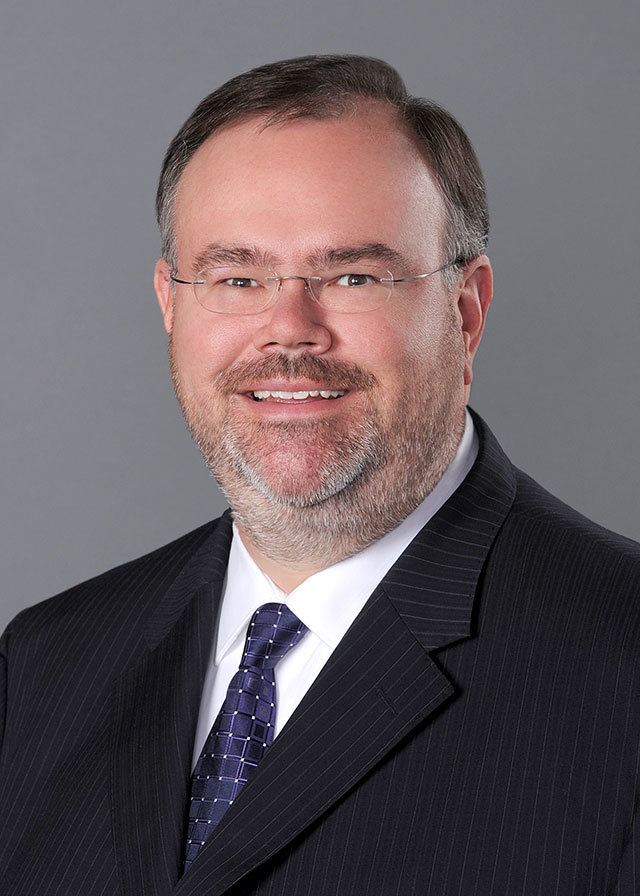Auburn School District superintendent Alan Spicciati has joined many of his colleagues who are asking state lawmakers to come up with a bipartisan solution to the impending “levy cliff.”
Without a resolution, Spicciati said, by January 2018 the ASD would begin to lose the $11 million that local voters approved last November.
“This is money that our community has already approved through the recent levy election,” said Spicciati, who on Jan. 12 was among the leadership of the Puget Sound Region’s 35 school districts that called for state lawmakers to address the situation. “It’s not money coming from Olympia; it’s money that our local community has approved.”
While the state Legislature was struggling with its budget in 2010, it passed a law enabling school districts to increase their property tax levy lids temporarily beyond what usually is allowed. In ASD’s case, that meant increasing the district’s base from about 24 to 28 percent. Spicciati said he had understood that when the levy cliff approached that mark, the McCleary issue would already have been settled.
Per the Washington State Constitution, education is considered the state’s “paramount” duty, and the Legislature is required to make “ample” provisions for its funding. In January 2012, the Washington State Supreme Court ruled that the Legislature was not doing enough in that regard. The McCleary family of Jefferson County started that lawsuit in 2009, and several school districts in the state, including Auburn, joined in. The State Supreme Court directs lawmakers to amply fund basic education by 2018.
“The state has not yet satisfied McCleary, and we’re still facing the levy cliff,” Spicciati said. “That’s a double-whammy.”
He noted that by a 17-15 vote, the House Appropriations Committee recently approved HB 1059, which would move the levy cliff to the beginning of 2019. A vote in the full house could come later this month. Should it pass, the measure would then move to the Senate. Spicciati said he and other superintendents are communicating the urgency of the situation to the Legislature.
“We know that in the not-too-distant future education will be fully funded by the state as is called for in our constitution,” he said. “Butin the meantime, school districts are building budgets starting right now for next year, and we have certain deadlines to send out contracts to teachers and make decisions about what our staffing will be for next year. So, even if the Legislature comes up with a plan that’s sufficient later in the session, we will be past some of the deadlines in our budget process, and that can have an adverse impact on staff and students.”
Without a resolution, Spicciati said, the district likely will have to consider sending out reduction-in-force notices by the May 15 deadline.
“There’s no way that we could come up with $11 million without significantly impacting educational services, and without taking our reserves to dangerously-low levels,” he said.
Failure to act on the levy cliff, Spicciati said, could exacerbate another problem.
“We’re in a severe teacher shortage,” he said. “We can’t afford to have teachers get the message that they may not have a job and start looking elsewhere. We have some tremendous young teachers that we really want to hold onto, but we also need to treat them fairly and help them understand that they will have a position in the Auburn School District next year.
“The part that’s really frustrating is the intent of the McCleary decision is very clear — to enhance funding to students. The impact of the levy cliff would achieve the opposite of that. We’re on the precipice of education being better funded, but we could have a crisis that sets us back years if we end up losing teachers,” he said.



